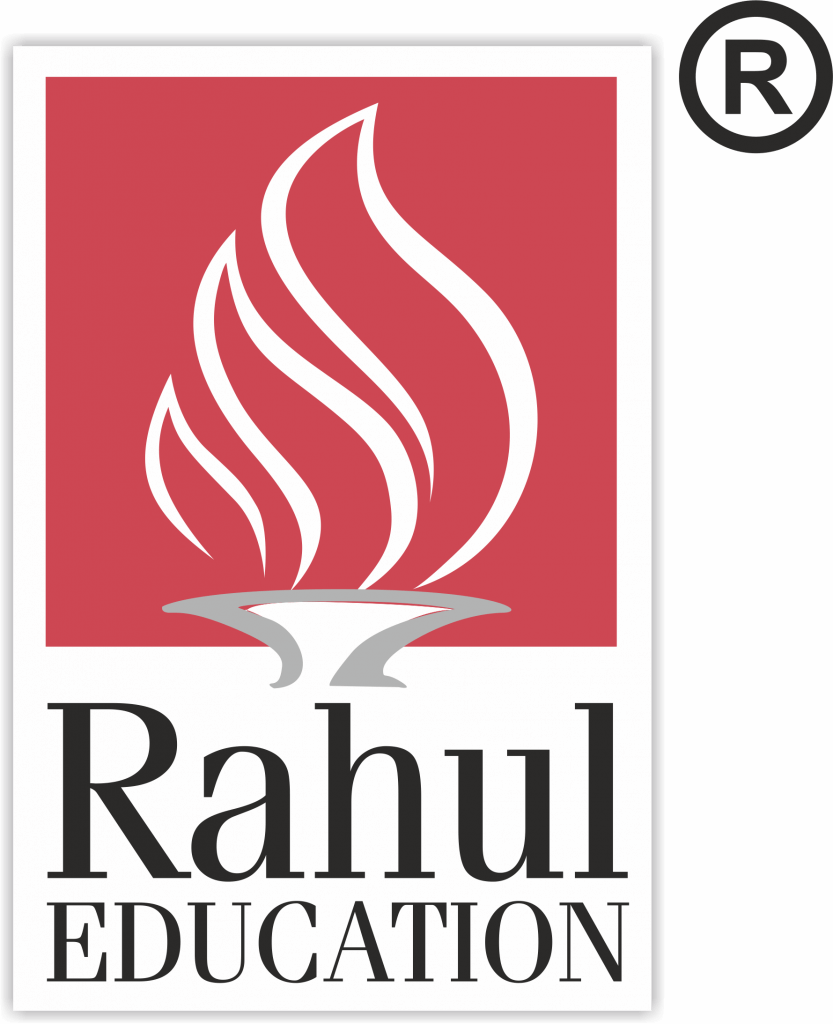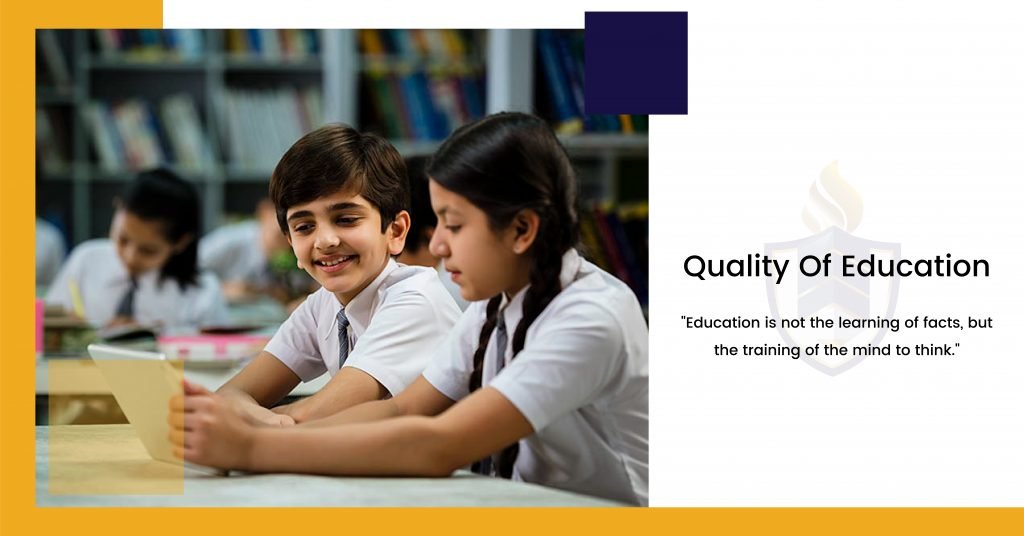According to ordinance , everyone has the right to receive an education of good quality.
The right to education is not only the right to access education but also the right to receive quality of education. Education must be available and accessible but also acceptable and adaptable.
A good quality education is one that provides all learners with capabilities they require to become economically productive, develop sustainable livelihoods, contribute to peaceful and democratic societies and enhance individual well-being. The learning outcomes that are required vary according to context but at the end of the basic education cycle must include threshold levels of literacy and numeracy, basic scientific knowledge and life skills including awareness and prevention of disease. Capacity development to improve the quality of teachers and other education stakeholders is crucial throughout this process.”
While we have good empirical data on the access to education we know much less about the quality of education. Unfortunately, the data on the skills and knowledge of students is sparse and has limited spatial and temporal coverage. This is in part due to the difficulty and cost of creating and implementing standardized assessments that can be compared across borders and time.
Most often the assessment is measuring learning outcomes of one or several of the following three dimensions:
- Reading and language proficiency
- Mathematics and numeracy proficiency
- Scientific knowledge and understanding
The assessments differ in respect to how children are selected. While some assessments select children by their age, there are other assessments which select children by the school grade the child attends. Education is a critical component which contributes extensively in the human development indices. It is one of the most important ways to attain the goal of sustainable global development.
Role of a strong education system:
- A strong education system widens the prospects of opportunities, improves health and bolsters the resilience of communities.
- Sustainable development is plausible if the masses are educated. Efficacy to derive desirable results comes with knowledge.
- People need skills to support the idea of a sustainable economy mainly working in the sectors i.e. economic, environmental, and social, and these skills can only be imbibed in an individual with quality education.
Importance of education:
- Education can bring the elementary shift in the values, actions, and responsibilities of an individual.
- The rate of development of any country depends on the pace of universal primary education. Of course, the sustainable future cannot be achieved in months but with well designed policies and framework, it can be moved on to the right path.
- Every aspect of development is linked to education, knowledge and its application.
- Well delivered education promises employment, better earnings, health, and strong economic background. Education spurs innovation and it fosters social solidarity in communities.
How to attain the goal of quality education:
- The process can start with ensuring the enrollment and attendance at the schools.
- Significant progress is possible when countries prioritize the concept of ‘learning for all’. This progress is just the beginning of a global movement, with every student in every country learning about the basic life skills and approaches for sustainable development from well trained teachers equipped with resources and well designed curriculum.
- To help resolve the dire crises of education in the developing countries, concrete and strict policies should be recommended by the policymakers. Every stakeholder (Government, teachers, parents, and even students) in the education sector needs to work towards the implementation of these plans.
- Every stakeholder (Government, teachers, parents, and even students) in the education sector needs to work towards the implementation of these policies. Also, the performance of those policies needs to be assessed and monitored timely.
- . The educational framework for action needs to be introduced strictly and to review functions to catalyze and monitor progress.
- There is an urgent need of educational reforms and persistence as well.
- With a well designed set of commitments and targets coupled with effective education programs can instill the importance of achieving the equitable, high quality education for all.

Dr. Mamta Singh
B.A | B.Ed | M.A | Persuing M.Ed
School Principal at Rahul Education, Queen Mary’s High School
FAQs
Quality education specifically entails issues such as appropriate skills development, gender parity, provision of relevant school infrastructure, equipment, educational materials and resources, scholarships or teaching force.
Quality education aims at developing a balanced set of capabilities of children they require to become economically productive, develop sustainable livelihoods, contribute to peaceful and democratic societies and enhance individual well-being.
Output indicators may be obtained through national examinations, international assessments, surveys, and systematic field observations. Output indicators typically involve measurement of learning outcomes based on national examinations or international assessments.
Every girl and boy in India has the fundamental right to quality education, an education one that helps them to acquire basic literacy and numeracy, enjoy learning without fear and feel valued and included irrespective of where they come from. This indicates that increase in learning is possible but takes time.
Quality education for all the students involves three very important components. One is the emergence and the nurturing of life skills, not in the sense of vocational skills, but in the sense of problem-solving skills, creative and critical thinking skills, self-directed learning skills in the students.
The teacher and teaching methods: The teacher is perhaps the most important factor in the quality of education. …
- Educational content
- Learning environment
- School management
- Preconditions for pupils
- Funding and organization
The problems in today’s society with the education system are endless. So many students are deprived of the quality of the education they deserve today. Many elementary and high schools are improving but deserve more attention with school supplies, smaller classrooms, and need more highly qualified teachers.
- Find a charity that works for quality education, donate or get involved in other ways
- Donate the books that you have used to those who need it
- Promote and take free online courses
- Visit local schools, see what school supplies they need and start a drive to provide it to them
Mentor young children and help them in their homework or projects.
The important dimensions of quality education that every organization should meet:
- Equity
- Sustainability
- Contextualisation and Relevance
- Balanced Approach
- Child-friendly Teaching and Learning
- Learning Outcomes
- Study the content at your leisure at home, according to your learning needs.
- Regroup in the classroom for hands-on workshops and conversations. Students are mentored by teachers.
- With all of the insights from their class/group conversations, you may expand your knowledge at home.



Education system is very good and teachers are very active caring , and loving in nature .. practical education system … improvement thing is when students participating in activity or competition then do honouring with small trophy or give any small gift to kids to inspire them . And for please improve your security system for secondary section when kids leave school. All staff is caring. Supportive. As parents i m so happy I got best teacher and good education for my kids. ❤️🙏🏻🙏🏻🙏🏻💐💐💐💐